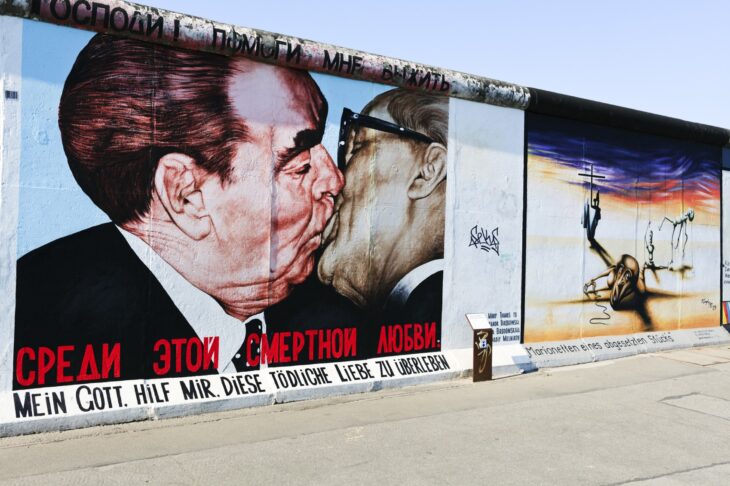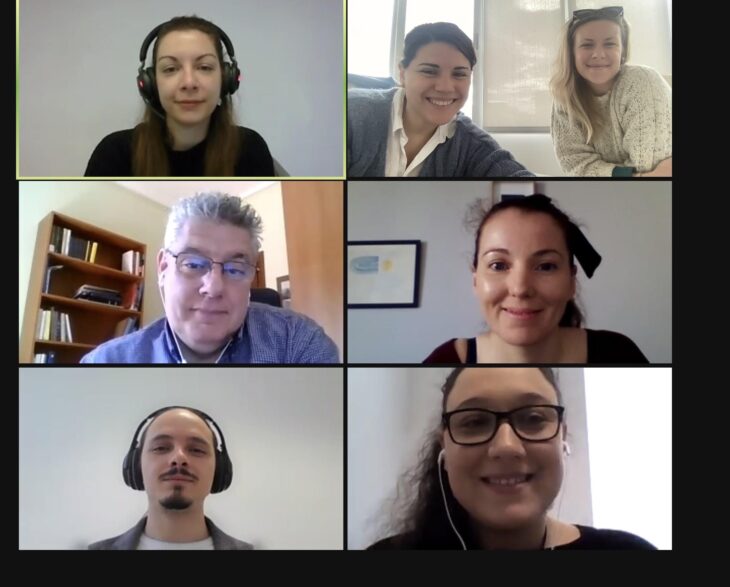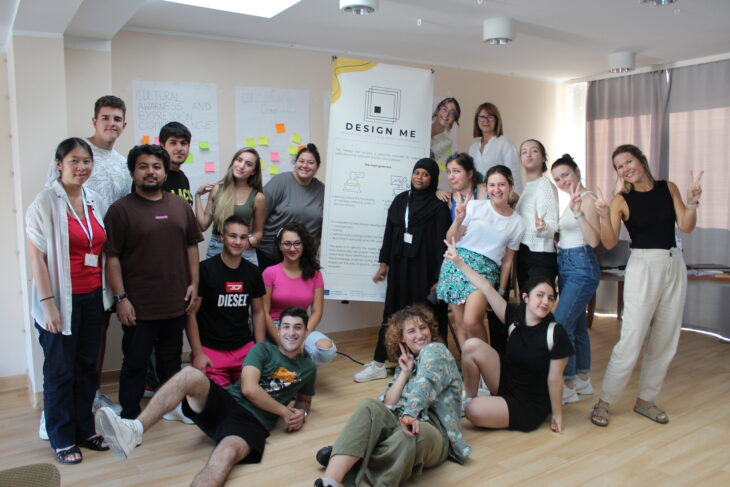“I consider all men as my compatriots and embrace a Pole as I do a Frenchman, setting this national bond after the universal and common one”.
With these words, the French philosopher Michel de Montaigne commented, in his Essais of 1580, how intelligence and taste for the arts were qualities independent of social status and above all from the origin of the individual.
A lesson learned from experience, after months spent abroad to discover customs, traditions and cultures of distant populations. A dream of European unity ante litteram, realized through the fascinating routes of the Grand Tour, the long journey that poets and young aristocrats made in the main capitals of continental Europe to complete their training and perfect their knowledge.
Like the modern Erasmus program, the Gran Tour represented a sort of rite of passage from youth to the world of adults. Discover the outside world through the culture of your own Continent, including works of art, breathtaking landscapes and meetings with the greatest men of knowledge of the time. And Italy was the destination par excellence thanks to the countless treasures preserved over the centuries.
From Montaigne to Stendhal, from Keats to Mary Shelley, many well-known writers have decided to embark on the famous journey, but one name among all has left its traces over time: it is that of the celebrated German writer Johann Wolfgang von Goethe, whose fame is inextricably linked to his famous work “Journey to Italy”.
Written between 1813 and 1817, after almost thirty years, “Italianische Reise” represents not a simple collection of travel notes, but the careful and precise reworking of experiences, sensations and emotions lived during a stay that lasted almost two years . And the chosen form, that of the epistolary novel, was an almost obligatory step to fully represent the reflections on the very meaning of the journey, on the expectations before departure and on what actually happened.
“At 3 in the morning I got away from Karlsbad fearing that otherwise they wouldn’t let me leave. The friends, who had so cordially wanted to celebrate my birthday on August 28, had thereby acquired the right to restrain me, but I could not stay longer. Carrying with me only a mantel and a suitcase, I threw myself, alone, in a postal carriage and arrived in Zwoda at half past seven on a foggy, but beautiful and calm morning. The higher clouds were like woolly stripes, the lower ones were dense. They seemed to me a good omen: I hoped to be able to enjoy a pleasant autumn after such a bad summer season.”
September 1786. Goethe had just turned thirty-seven, when he chose to detach himself from the literal and political commitments covered in the Duchy of Weimar, to undertake the journey that would change his life. It was time to leave. And so, having obtained a sort of license from the Duke of Weimar, under the false name of Jean Philippe Möller, Goethe left for Italy, accompanied only by a hanger holder and a briefcase. Its the beginning of a journey of rebirth and initiation, to discover what he will consider, on return, his ideal homeland.
Goethe’s need to know Italy had nurtured since childhood, ever since his father, a famous jurist, following a trip to the Belpaese, had given him indelible memories, made of Roman prints and miniature gondolas. But above all he had cultivated the idea that it was necessary to visit Italy to complete the path of a rigorous training path. A land of inspiration and artistic warmth, Italy immediately appeared to him as an open-air museum, where you could be enchanted by the charm of the ancient buildings, completely immersing yourself in the places and nature in which that ancient developed and discovering the true nature of the people.
The journey went well beyond the original plan: he stayed in Italy for two years, discovering the charm of the ruins of Rome, heir to a great Empire, visiting Naples, a “paradise” between land and sea, and stopping in Sicily, direct testimony of the power of Greek architecture.
But like all self-respecting journeys, this training journey became a revelation, where the unexpected and the surprising touched the strings of the protagonist’s soul forever.
“I leave on this wonderful journey not to deceive myself but to get to know myself,” he wrote two weeks after departure, still ignoring that that journey would change him forever.



















